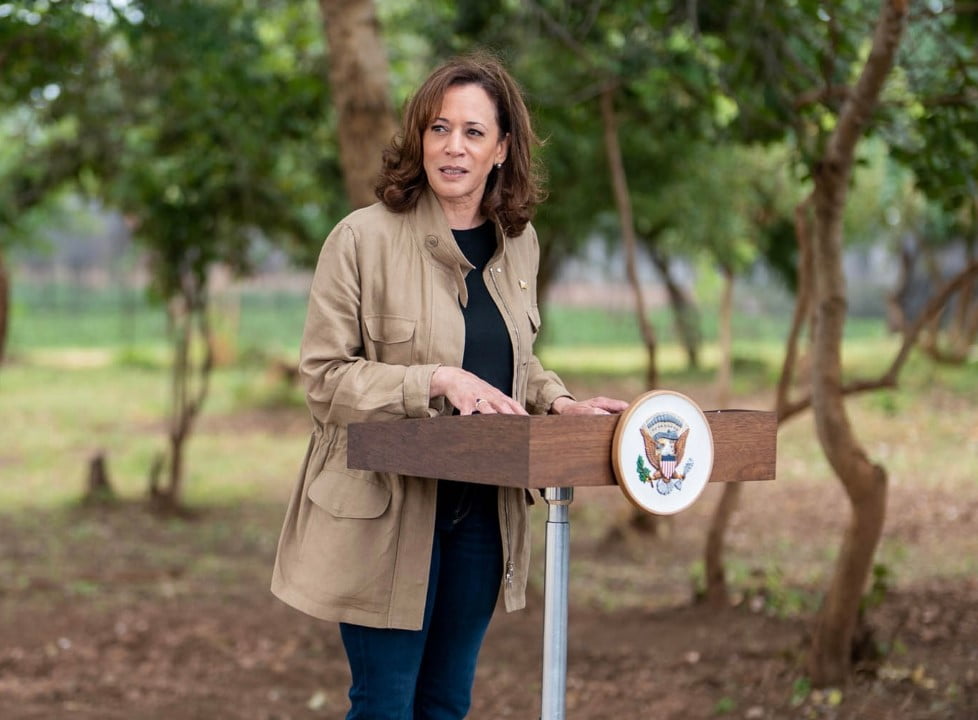During her visit to Africa, US Vice President Kamala Harris announced that more than $7 billion in private sector commitments have been generated that will support climate resilience, adaptation, and mitigation in the continent. The announcement was made during her final stop in Zambia where she toured a farm outside of Lusaka, the capital city.
According to Harris, the $7 billion “includes commitments to support climate-smart agriculture; to increase access to financing and insurance, which is a very big deal to more, on this continent, than 116 million farmers, which is about half of the farmers on the continent.”
Harris arrived in Ghana on March 26, the first stop in her African tour, subsequently visiting Tanzania and Zambia.
Under President Joe Biden, the US agenda with Africa is multi-faceted and Harris’ visit aimed to strengthen relations which are relatively weak when compared to the ties the continent has with China. US-Africa relations suffered some setbacks during the Trump administration and a number of US officials, including First Lady Jill Biden and Secretary of State Anthony Blinken, have made official visits to the continent to improve ties in recent months.
Since the turn of the century, China has increasingly invested in energy and infrastructure projects throughout the continent, with few, or no strings attached. In 2009, then-Chinese Premier Wen Jiabao stated “China’s involvement in Africa is sincere with no strings attached – it isn’t political,” at the 3rd Conference of African and Chinese Entrepreneurs held in Sharm el Sheikh, Egypt. Since then, China has poured billions into African economies. From telecoms and large-scale upstream and downstream petroleum developments to ports and highways, and beyond, China’s influence can now be seen across the continent.
When it comes to the transition to a low-carbon economy and climate resilience, China is behind the curve and does not yet have many of the resources and technologies that the United States has. Driving investment into climate resilience projects could be just the olive branch needed to make in-roads with Africa under the Biden-Harris agenda. If that $7 billion in private sector investment materializes, it would be a win-win for energy-starved African nations, and the United States in its efforts to regain influence in the continent.
Image credit: Vice President Kamala Harris Twitter page

